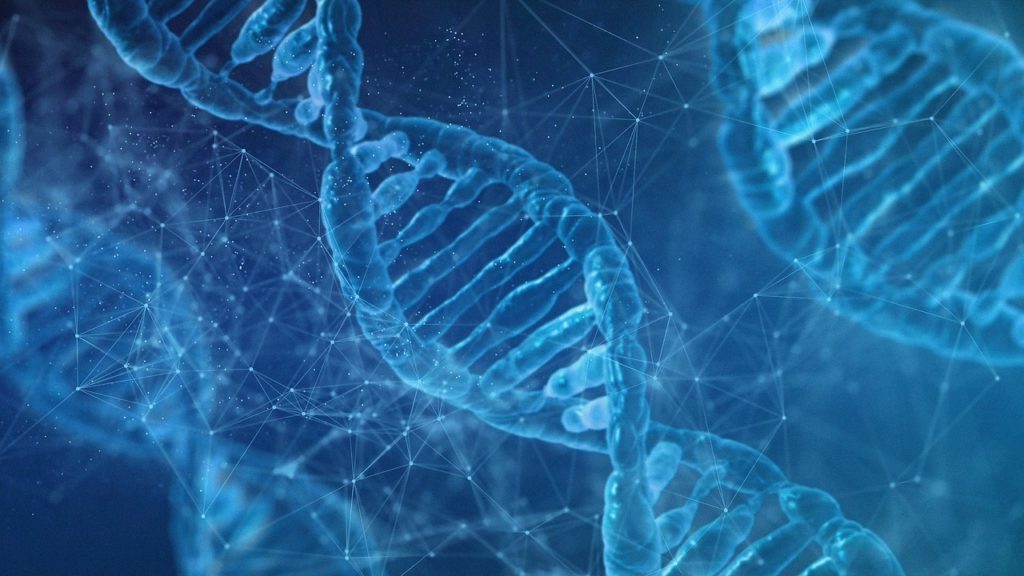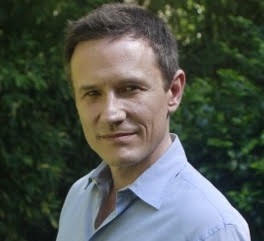
We are all addicts – you, me, your grandma, and the pope. The difference between being highly functional and just another statistic is one single word, definition. A definition holds a lot of power in modern society. An alcoholic is crippled by chemicals that erode their sense of well-being, and porn addicts are crippled by their unhealthy views of relationships. And then there is the food addict who is driven by good taste, a fitness addict, driven to be, well, really fit; and a phone addict, driven to stay connected.
You may have noticed the convenient use of ‘crippled’ for the first two addictions, and ‘driven’ for the final three. This is how easily a definition can change perception. The fundamental truth is that we all have addictions. It is just that some are thought to be more highly functioning than others. Let’s consider alcoholism and drug abuse, two addictions often considered to be a ‘disease’. These have been etched into our very personality and character; forged from our very DNA, and this definition leaves little hope of recovery, driving those with these types of addictions to excuse themselves further down the rabbit hole.
But how might addiction change our perception if only we could define them as equals and then call upon our soul to heal these addictive cycles through acceptance and self-love?
Addiction comes and goes like the wind through the trees. It is impermanent and easily curable.“
Dr. Carder Stout
But let’s get one thing straight before we go any further:
“Addiction [is an] emotional energy just like anger or sadness,” describes Dr. Carder Stout, an LA-based psychologist and author of the book, We Are All Addicts: The Soul’s Guide to Kicking Your Compulsions. “It is simply a loop of obsessive thoughts followed by compulsive actions.”
This definition would suggest that there are no good or bad addictions, only individual ones. “We have all experienced this cycle in our lives at some point, so inherently everyone struggles with addiction,” reminds Dr. Stout. “But it’s not such a bad thing.” And this last sentence is an important one.
So, as you take all your self-diagnosed addictions into the new year (plus those unknown, lesser-recognized ones), remember that your obsessions are all a part of who you are. The only difference between being crippled or driven (highly functional), is by your definition, which Dr. Stout is about to set straight.
Urbasm: Dr. Stout, what is the main difference between those who classify themselves as an addict and those who don’t?
Dr. Carder Stout: Most people who classify as addicts are conditioned to believe that this means chemical dependency or alcoholism. This is the perception of Western culture, but addiction spans much broader than this traditional definition. As a culture, we are addicted to our phones, to work, exercise, food, love, sex, shopping, fear, and vanity—to name a few. So, those of us that do not identify as addicts still have this emotional energy present in our lives.

Urbasm: How has science (and society) made the mistake of thinking addiction is more of a genetic, biological process than it is?
Dr. Carder Stout: Just like any other hypothesis about psychological tendencies, the ones about addiction are outdated and limiting. Addictive patterns do not evolve from our DNA and are not passed down from our ancestors but are much more dependent on how we are raised in our family and the beliefs we attain through this confusing experience.
Urbasm: How should this understanding of addiction as an emotional energy, empower us during our worst moments of weakness?
Dr. Carder Stout: So, those who feel they are cursed by the “disease” of addiction should realize that this is a false narrative. More accurately, addiction comes and goes like the wind through the trees. It is impermanent and easily curable.
Urbasm: What are a few addictions that most people might not be aware they have?
Dr. Carder Stout: An overwhelming majority of people in Western culture have food addictions. We either eat too much and overindulge or restrict our food intake and diet and deprive ourselves of essential nutrients. Our relationship with food, for the most part, is unhealthy and tenuous.
Urbasm: Are there any seemingly harmless addictions that are more harmful than people realize?

Dr. Carder Stout: Cell phone addiction is a loop of obsession and compulsion that has become increasingly prevalent in the past decade. It affects most of us and is inhibiting the younger generations from their natural tendency to communicate with others in a healthy way. People would rather text than spend time with someone face to face. This has damaged the fragile ecosystem of human interaction.
Urbasm: Some addictions may do less harm than others, some might argue, but is it better to maintain control over all these emotions, or is it okay to have a hierarchy of acceptable addictions?
Dr. Carder Stout: All of us have addictive tendencies. My belief as a psychologist is that a healthy person embraces all of their different parts—actually loves and accepts them. So, it may sound counterintuitive to love your addiction, but I have done this for the past seventeen years and remained sober. This is not to say that if an addictive cycle is in some way inhibiting your happiness and psychological growth you shouldn’t make an attempt to modify it. But these modifications derive from a deep respect for it, a compassionate approach to it, and an acceptance that it is a part of you.
Urbasm: What is the process that causes us to suffer from increased addiction during certain times, such as during a pandemic, holiday season, etc?
Dr. Carder Stout: During certain seasons we are more prone to addictive cycles, yes. This stems from the environmental factors that we are confronted with during these times. When we revisit the unresolved emotional trauma of family (traditionally associated with the holidays) or the abandonment and isolation that came with the pandemic, our psychological immune system becomes weakened and we are more susceptible to addictive cycles.
Urbasm: Considering that we are all addicts, working through our own obsessive actions on any given day, what can we do to help ourselves (and others) when these actions seem to be overwhelming us and spinning out of control?
Dr. Carder Stout: During extended moments of external stress, we must be mindful to practice self-care and work diligently to overcome our negative and harmful beliefs about ourselves and others. This can be done through breathing, walks, meditation, yoga, sleep, and any of a number of spiritual practices. Anything that connects you to the soul is spiritual—laughing, gratitude, inspiration, curiosity, expansion, and contentment.
Connect with Dr. Carder Stout on Instagram, Twitter, and his website, www.carderstout.com.
About Dr. Eric J. Leech
Eric has written for over a decade. Then one day he created Urbasm.com, a site for every guy.
